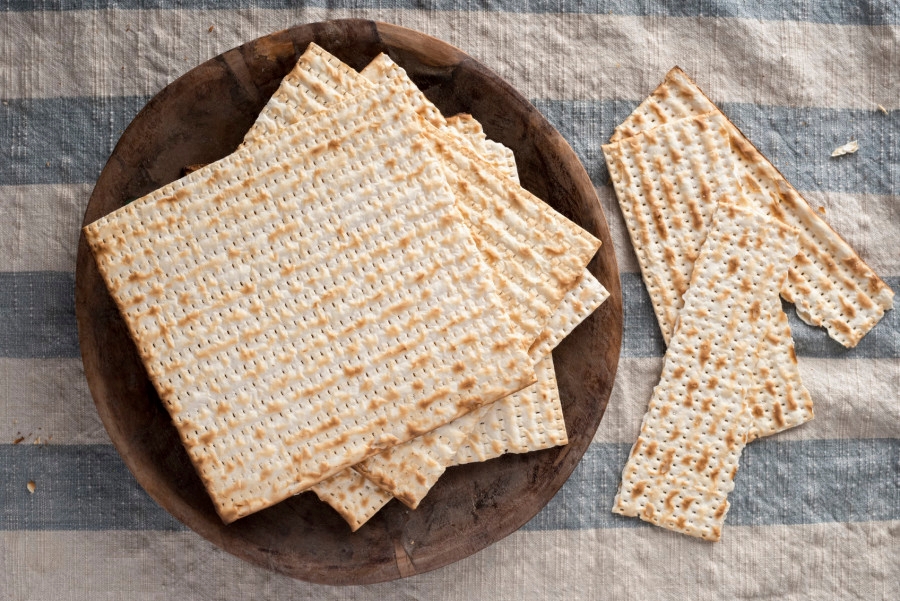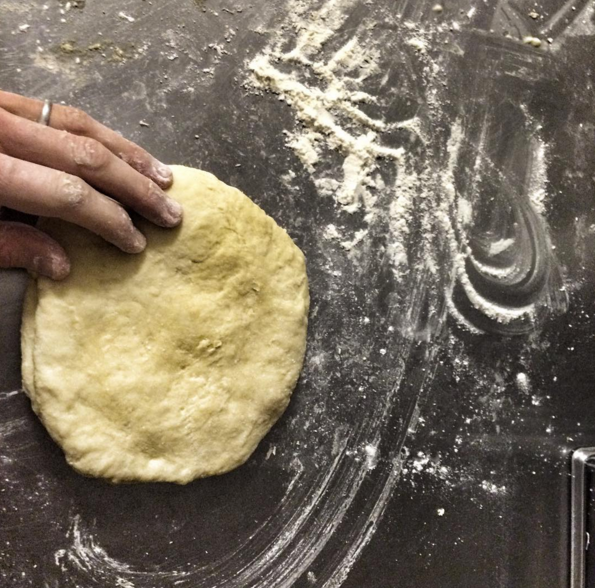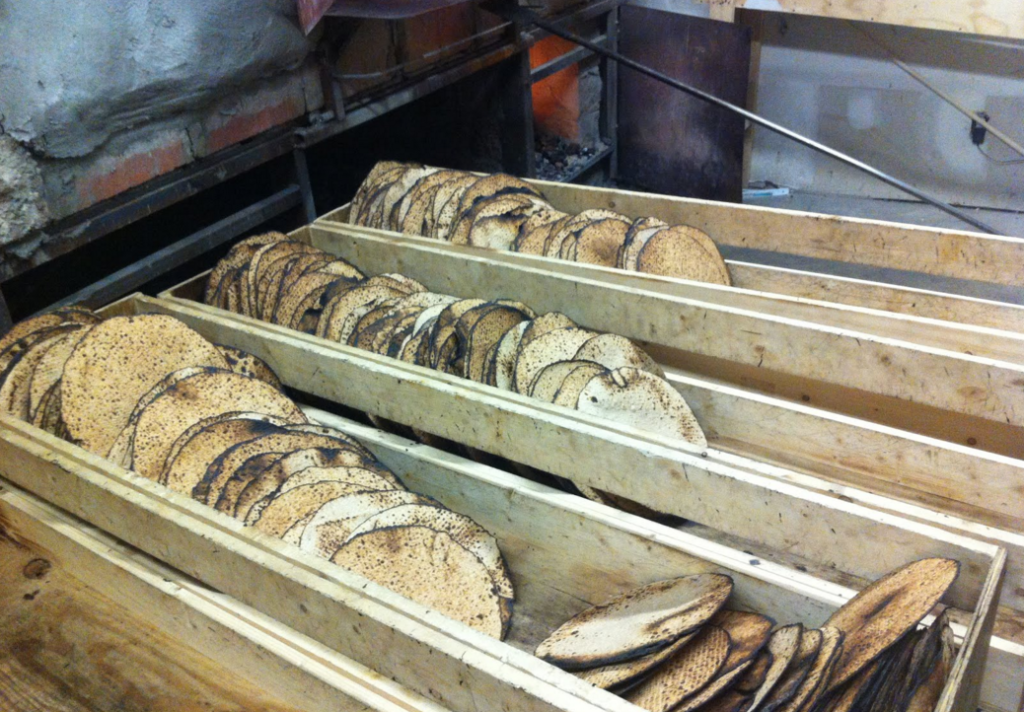With Passover fast approaching, matzah is definitely enjoying the spotlight. For what feels like the first time, though, that spotlight isn’t likely to fade–matzah just might find a permanent home in the snack aisle.
The kind of matzah with staying power tastes good and is made in small batches with local ingredients. This is exactly what The Matzo Project, a brand-new matzah maker, is going for. According to Brooklyn Based, they released their first batch of matzah on April 15 in just four Brooklyn and Manhattan stores, and sold out that same day. Food 52 wonders if it’s the “hot new item of Passover 2016.”
The new matzah on the block is the kind of cracker you’d actually enjoy eating, perfect alone or with spreads, cheese, or hummus.
The Nosher celebrates the traditions and recipes that have brought Jews together for centuries. Donate today to keep The Nosher's stories and recipes accessible to all.
Photo from the Matzo Project Instagram.
From the looks of it, matzah appears to be going back to its roots. Before the prevalence of boxed matzah and matzah meal, matzah was hand-baked by local bakeries, only during Passover. By the early 20th century, the process became more mechanized. Manischewitz and Streit’s sprung into action, transforming the matzah landscape significantly. For the first time, there was an abundance of matzah, which according to Brooklyn Based’s conversation with food historian Jayne Cohen, was likely where “familiar Jewish comfort foods like matzo ball soup and matzo brei” came from.
This year, the media’s attention to matzah doesn’t stop at the artisanal snacking variety. Highly watched-over matzah shmura is also having a moment. In his lengthy New York Times editorial, Chef Dan Barber asks, why does shmura matzah taste so good?
“It had flavor. What can I say?…For the first time I ate matzo and thought, This is delicious.”
His answer is one you should definitely read for yourself, involving an unnamed matzah bakery in Williamsburg, a grain farmer, wheat, and rabbis. So hip.
At Matzapalooza last week, I saw handmade matzah like the kind Barber describes, made by The Yiddish Farm in Goshen, NY, and indeed it looked delicious.
At the end of the day, whether it’s kosher or artisanal, the most basic of unleavened breads is being enjoyed by many. And after Passover, maybe we’ll see it stick around a little longer than usual. After all, it doesn’t really get stale, does it?
Photo from The Yiddish Farm website.






